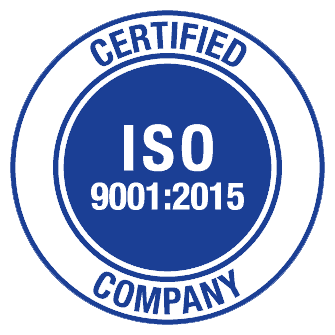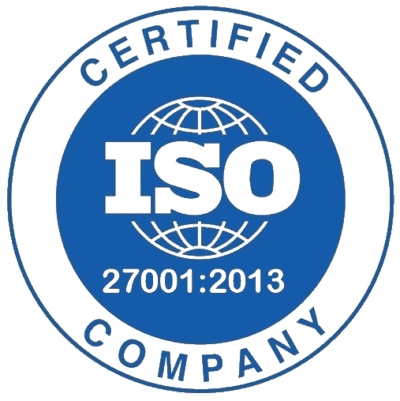SOCIAL MEDIA CHECK SERVICES
In today’s digital age, social media plays a significant role in people’s lives, including their personal and professional activities. As a result, conducting a social media check has become a common practice for individuals and businesses alike.
Social Media Check Important:
- Assessing Professional Image: Employers often conduct social media checks to evaluate an individual’s professional image. It provides insights into their communication skills, professionalism, and how they represent themselves online.
- Cultural Fit and Values Alignment: By examining an individual’s social media profiles, businesses can assess whether their values and behaviors align with the company culture. It helps ensure a good fit within the team and organization.
- Reputation Management: A social media check allows businesses to identify any potential red flags or inappropriate behavior that could harm the company’s reputation. It helps prevent hiring individuals who engage in discriminatory, offensive, or unethical online activities.
- Verifying Qualifications and Experience: Social media can provide evidence of an individual’s qualifications and experience. Employers can verify claims made on resumes or during interviews, ensuring the accuracy of the information provided.
- Compliance with Legal and Ethical Standards: Businesses need to ensure compliance with legal and ethical standards when conducting social media checks. It is essential to respect privacy laws and not discriminate based on protected characteristics while gathering information.
Best Practices for Conducting Social Media Checks:
- Obtain Consent: Seek the candidate’s consent before conducting a social media check. Inform them about the purpose and extent of the check to maintain transparency.
- Use Professional Judgment: Focus on relevant information that relates to job qualifications, professionalism, and cultural fit. Avoid making decisions based on personal attributes, such as race, gender, religion, or political beliefs.
- Stay Objective: Evaluate social media content objectively, considering the context and potential biases. Be aware that individuals’ online personas may not fully reflect their offline behavior or abilities.
- Maintain Confidentiality: Handle the gathered information with care and ensure its confidentiality. Limit access to authorized personnel involved in the hiring process and adhere to data protection regulations.
- Consistency and Fairness: Apply consistent practices across all candidates to ensure fairness and prevent discrimination. Treat each candidate equally and focus on job-related factors when assessing social media content
Potential Benefits of Social Media Checks:
- Insight into Professionalism: Reviewing an individual’s social media presence can provide valuable insights into their professionalism, communication skills, and how they present themselves online. This information can be useful in assessing their suitability for customer-facing roles or positions that require strong interpersonal skills.
- Cultural Fit and Team Dynamics: Social media checks can offer a glimpse into an individual’s personality, interests, and values. This can help employers assess whether the candidate aligns with the company’s culture and if they would be a good fit within the team.
- Uncovering Red Flags: Social media checks can help identify any potential red flags or concerning behavior that may not be evident through traditional application materials or interviews. This can include discriminatory comments, offensive content, or unprofessional conduct that could impact the candidate’s suitability for the role.
- Verification of Claims: Social media can provide supplementary evidence to verify the claims made by candidates on their resumes or during interviews. It allows employers to validate qualifications, achievements, and experience, ensuring that the information provided is accurate.
- Protecting Company Reputation: By conducting social media checks, employers can minimize the risk of hiring individuals whose online behavior could negatively impact the company’s reputation. It helps prevent potential issues related to harassment, discrimination, or controversial statements that may become public and harm the organization’s image.
Considerations for Social Media Checks:
- Legal Compliance: Employers must ensure that social media checks comply with applicable privacy and anti-discrimination laws. It is important to be aware of regulations regarding the collection, storage, and use of personal information obtained through social media platforms.
- Fairness and Consistency: Employers should establish clear guidelines and criteria for conducting social media checks to ensure fairness and consistency throughout the hiring process. All candidates should be treated equally, and decisions should be based on job-related factors.
- Contextual Understanding: It is crucial to consider the context of social media posts and interactions. Social media profiles may not always provide a comprehensive picture of an individual’s character or abilities, and content should be evaluated with an understanding of the platform’s nuances.
- Respect for Privacy: Respect candidates’ privacy by limiting the scope of the social media check to professional relevance. Focus on information that is directly related to the job requirements and avoid delving into personal or protected areas.
- Transparency and Consent: Inform candidates that a social media check may be conducted as part of the hiring process and seek their consent. Transparent communication helps build trust and ensures that candidates are aware of the information being considered.
Ethical Considerations:
- Non-Discrimination: Employers should avoid using social media checks as a means to discriminate against candidates based on protected characteristics such as race, gender, religion, or disability. Focus on evaluating job-related factors and qualifications instead.
- Fair Assessment: When conducting social media checks, ensure that the evaluation process is fair and consistent for all candidates. Use objective criteria and avoid subjective judgments based on personal preferences or biases.
- Respecting Personal Expression: Social media platforms often serve as spaces for personal expression and opinions. While it is essential to assess professionalism, employers should respect individuals’ freedom of expression and consider whether their personal views impact their ability to perform the job effectively.
- Documentation and Transparency: If employers choose to incorporate social media checks into their hiring process, it is recommended to document the process, including the specific criteria and considerations used.
Ongoing Monitoring:
- Initial Checks vs. Ongoing Monitoring: Social media checks are commonly performed during the pre-employment screening stage. However, employers should be cautious about ongoing monitoring of employees’ social media activity after they are hired, as it may raise privacy concerns and create a sense of mistrust.
- Employee Guidelines and Policies: Establishing clear guidelines and policies regarding employees’ social media usage can help set expectations and boundaries. This ensures that employees understand the company’s stance on social media conduct and the potential implications for their professional reputation.
- Balancing Privacy and Security: While monitoring employees’ social media activity may help protect the company’s interests, it is crucial to strike a balance between privacy and security concerns. Respect employees’ privacy rights and only take action if there are legitimate concerns related to professional conduct or the company’s reputation.
Fill out the form below to avail our Verification Services.
Frequently Asked Question (FAQs)
1. Why should we conduct social media checks as part of our hiring process?
Social media checks provide valuable insights into a candidate’s online behavior, professionalism, and alignment with company culture. It helps assess their suitability for the role, verify qualifications, and mitigate potential risks associated with hiring individuals with problematic online conduct.
2. How can social media checks benefit our company?
- Helping maintain a positive company reputation by avoiding individuals with offensive or unethical online behavior.
- Assessing cultural fit and alignment with company values.
- Verifying qualifications and experience claimed by candidates.
- Enhancing hiring decisions by gathering additional information beyond resumes and interviews.
3. What social media platforms should we consider during the check?
The choice of social media platforms depends on the specific requirements of your industry and the nature of the role. Common platforms include Facebook, LinkedIn, Twitter, Instagram, and professional networking sites like GitHub or Behance. The selection should be tailored to gather relevant information about the candidate’s professional conduct and qualifications.
4. Are there any legal considerations we need to be aware of?
Yes, there are legal considerations when conducting social media checks. Ensure compliance with privacy laws and regulations related to data collection, storage, and usage. Avoid discriminatory practices and focus only on job-related information. Seek consent from candidates and inform them of the purpose and extent of the social media check.
5. How do we balance privacy concerns with the need for social media checks?
Balancing privacy concerns involves respecting candidates’ privacy settings and focusing on publicly available information. Avoid requesting access to private profiles without explicit consent. Focus on job-related factors and professionalism rather than delving into personal aspects.
6. Can social media checks introduce bias into the hiring process?
Social media checks can introduce bias if not conducted carefully. It’s important to establish clear criteria and guidelines for evaluating social media content, ensuring objectivity and consistency. Train the individuals responsible for conducting the checks to minimize the potential for bias and subjective judgments.
7. How should we handle negative or controversial content found during a social media check?
Negative or controversial content should be handled with discretion and context. Evaluate the severity of the content, consider whether it directly relates to job performance, and verify its authenticity. Consult legal counsel if needed to determine the appropriate course of action.









